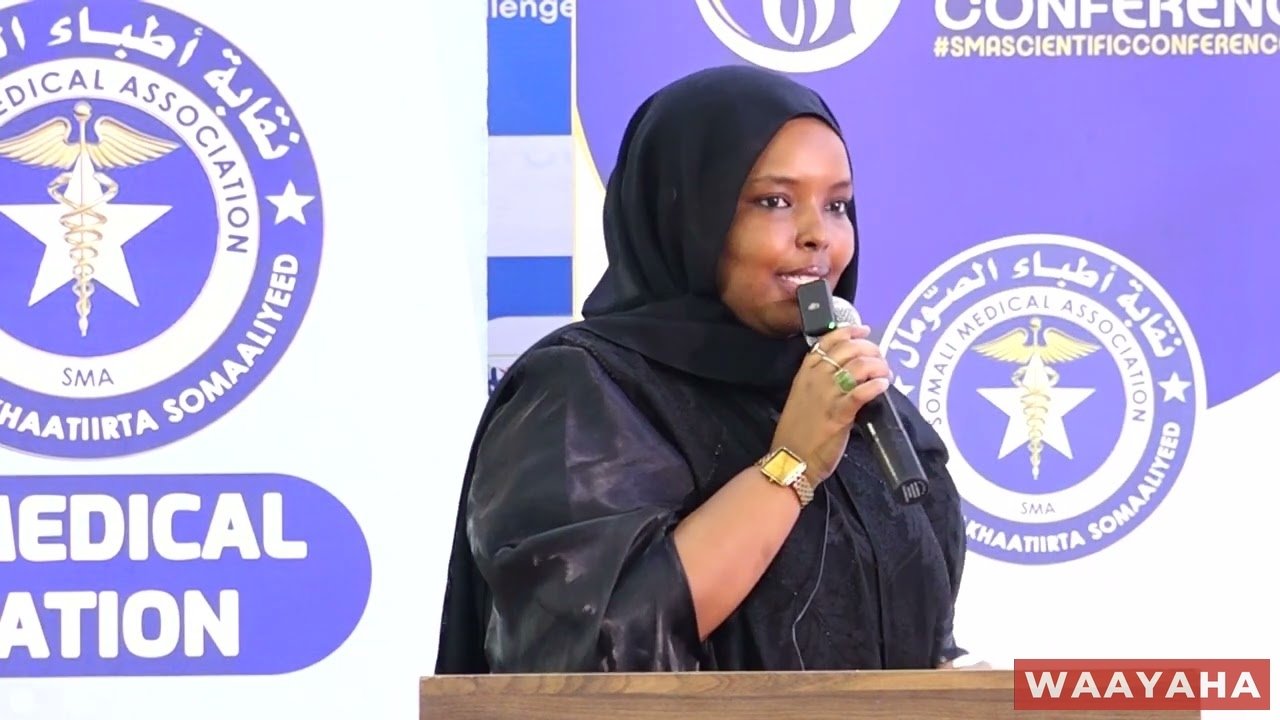In a groundbreaking three-year research study, a team of experts delved into the complex interplay of economic, political, and cultural factors impacting maternal health programs across five African nations, including Somalia, the Democratic Republic of Congo, Sudan, and Nigeria. This extensive investigation shed light on the multifaceted challenges and opportunities surrounding maternal healthcare in these regions.
The research project, funded by an international donor, was implemented in Somalia by the SORDO organization. The findings hold profound implications for reducing maternal and infant mortality rates, a pressing global concern. By meticulously analyzing technical reports, academic literature, and firsthand accounts, the study unveiled critical insights into Somalia’s maternal health landscape.
One of the key revelations was the existence of robust maternal health policies and strategies within Somalia’s governance framework. However, the implementation of these initiatives has been hindered by a myriad of obstacles, primarily stemming from the country’s fragile security situation and limited resource allocation.
Through in-depth interviews with 20 government officials and experts, the researchers uncovered a stark disconnect between policy formulation and practical execution. While Somalia boasts a comprehensive set of maternal health strategies on paper, their translation into tangible actions has been hampered by a lack of coordination, inadequate funding, and security challenges.
“Somalia’s maternal health policies are well-intentioned, but their implementation has been fragmented and inconsistent,” stated Dr. Ahmed Abdi, a leading researcher on the project. “We found that even in relatively stable regions, access to essential maternal healthcare services remains a critical issue, particularly in rural and remote areas.”
The study highlighted the disproportionate impact of insecurity on maternal healthcare delivery. In regions plagued by conflict and instability, healthcare facilities face frequent disruptions, hampering the continuity of care for expectant mothers. Additionally, the limited presence of skilled healthcare professionals in these areas exacerbates the challenges.
Despite the obstacles, the research team identified pockets of progress and potential solutions. In regions where security has been restored, collaborative efforts between local authorities, healthcare providers, and community stakeholders have yielded positive results in improving maternal health outcomes.
“We witnessed the transformative power of community engagement and local ownership,” remarked Dr. Fatima Hassan, a co-author of the study. “When communities are empowered to take an active role in maternal healthcare initiatives, we observed a significant increase in utilization and acceptance of these services.”
The research also underscored the importance of addressing socio-cultural barriers and promoting women’s rights as a crucial component of maternal health strategies. By fostering an environment that values women’s autonomy and decision-making abilities, Somalia can pave the way for more effective maternal healthcare policies.
As the international community continues to prioritize maternal health as a key sustainable development goal, this comprehensive study offers invaluable insights and recommendations for policymakers, healthcare providers, and humanitarian organizations operating in Somalia and other conflict-affected regions.
By addressing the implementation challenges, strengthening community engagement, and promoting women’s empowerment, Somalia can take strides towards improving maternal health outcomes and ensuring a brighter future for mothers and their children.













